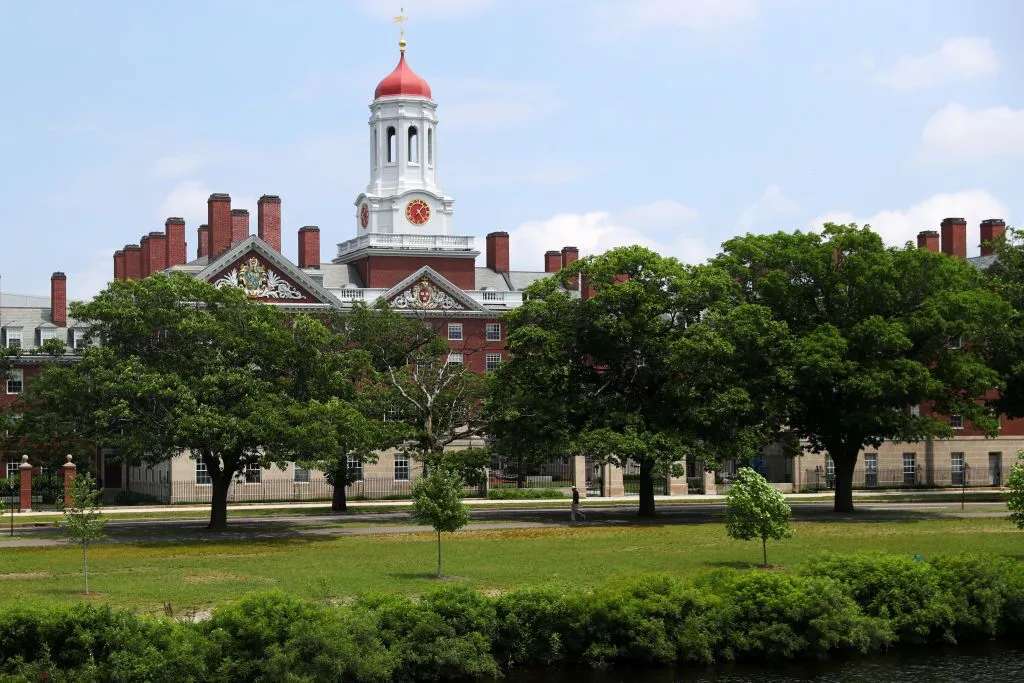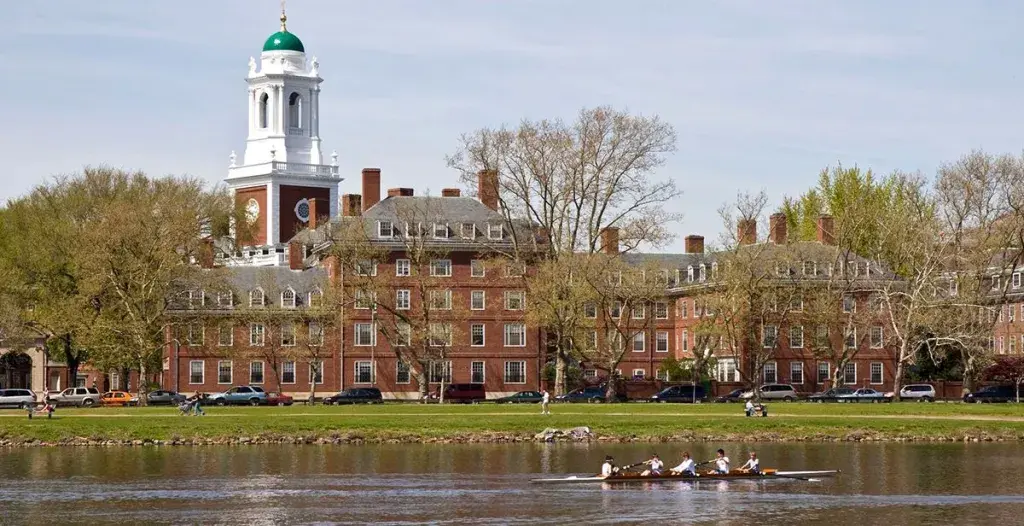Harvard University Free Tuition: What You Need to Know 2025

Harvard University is well-known for its difficult admissions and esteemed education. The institution recently revealed a significant increase in its financial aid program, which will cover tuition for families with annual incomes up to $200,000. The goal of this program is to increase Harvard’s accessibility for students from a range of socioeconomic backgrounds. This post will discuss whether Harvard provides free tuition, the procedures for applying for financial aid, and how the program operates. We’ll also look at the decision’s wider effects and how the public, families, and students have responded to it.
Table of Contents
Is Harvard Offering Free Tuition?
Yes, Harvard University has declared that students from households making up to $200,000 a year will be eligible for free tuition beginning with the 2025–2026 academic year. This program seeks to lower the cost of attending Harvard, particularly for students from middle-class backgrounds.
The Financial Aid Expansion’s specifics:
- Families making $100,000 or less: Tuition, food, housing, health insurance and travel expenses will all be paid for by the students.
- Families earning between $100,000 and $200,000: For families making between $100,000 and $200,000, tuition is free for students and depending on their specific situation, further financial aid may be available.
- Families earning above $200,000: Families with incomes over $200,000 may still be eligible for financial help packages that are customized for their particular circumstances.
Understanding Harvard Financial Aid Program
To make education more accessible to a wider spectrum of students, Harvard University recently announced a major expansion of its financial aid program. The academic year 2025-2026 is when this program is scheduled to start.
The expanded financial aid program’s salient features include:
- Households Making $100,000 or Less: Tuition, housing, meals, health insurance, and travel expenses will all be paid for students from these households. Additionally, to help with post-graduation preparations, juniors will get a $2,000 launch grant and first-year students will receive a $2,000 start-up grant.
- Families Making Between $100,000 and $200,000: Tuition for students from these households is free, and depending on their unique situation, additional financial aid may be available.
- Families With Over $200,000 in Income: There may still be financial help programs available that are customized for certain financial circumstances.

This expansion is a component of Harvard’s continuous endeavors to improve affordability and accessibility, making sure that gifted students are not prevented from enrolling because of their financial situation. According to the university, under this new scheme, around 86% of American families with admitted kids will be eligible for financial aid of some kind.
How to Apply for Free Tuition?
For qualified students, Harvard University provides significant financial aid programs that can cover entire tuition and other expenses. To apply for free tuition, you must meet certain dates and submit important financial papers.
Steps to Apply for Free Tuition at Harvard:
- Submit the CSS Profile: All applicants are required to fill out the CSS Profile, which gives Harvard information on their family’s financial circumstances.
- Fill out the FAFSA Form (for U.S. citizens and eligible non-citizens): In order to be eligible for federal and state financial aid, U.S. candidates must also submit the Free Application for Federal Student Aid (FAFSA).
- Send More Documents through IDOC: Harvard may ask for more financial records, which must be sent in via the Institutional Documentation Service (IDOC).
Key Deadlines:
- Financial aid applications for Regular Decision applicants must be submitted by February 1st.
- Applications submitted after the deadline are accepted, although there may be processing delays.
Harvard’s Free Tuition Policy (2025 Update):
- Families earning $100,000 or less: Full tuition, housing and other fees are covered.
- Families earning up to $200,000: Tuition is free, with additional aid available for other costs.
- Families earning above $200,000: Aid may still be available based on circumstances.
Impact and Reactions
The move by Harvard University to provide free tuition to families with incomes up to $200,000 has received a lot of praise for expanding access to prestigious education. While analysts think it would encourage other colleges to improve their financial aid schemes, students and families view it as a significant financial relief.
By lowering financial barriers and encouraging social mobility, economists forecast favorable social and economic effects. Critics counter that only affluent universities, like Harvard, can afford such measures, which could lead to a wider disparity between them. This action might have an impact on more significant adjustments to financial aid programs in higher education.
Conclusion
A big step toward lowering the cost of higher education for middle-class families is Harvard’s free tuition program. Even if it establishes a good precedent, other colleges with less funding still face difficulties. Whether or whether comparable laws are implemented abroad will determine the long-term effects, which could change how affordable education is.






